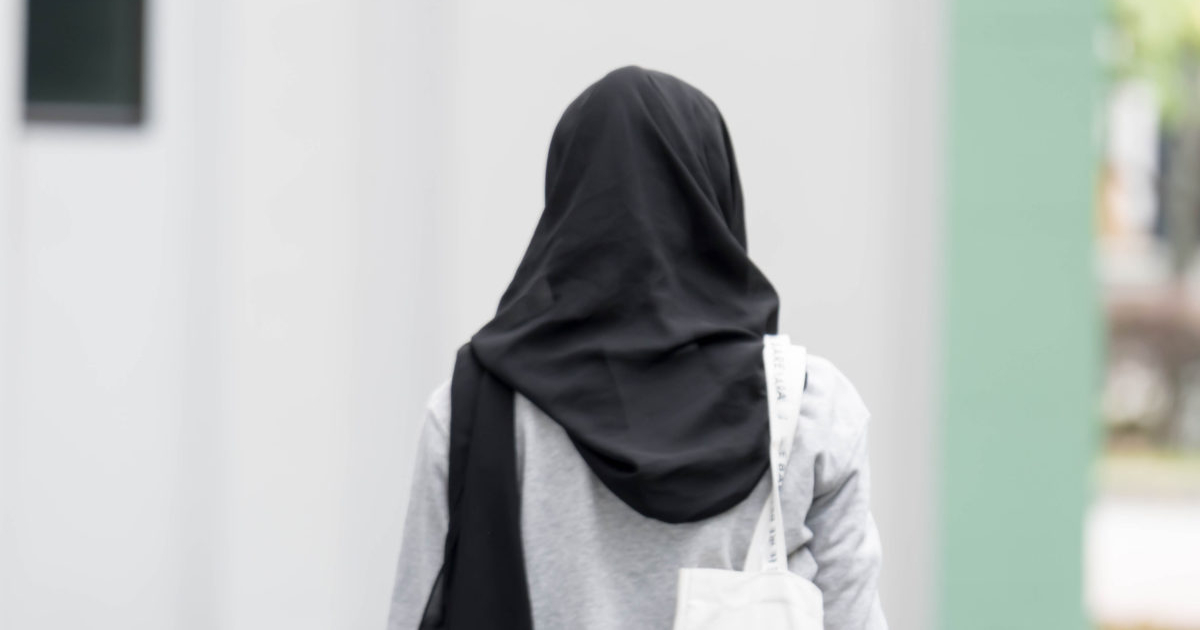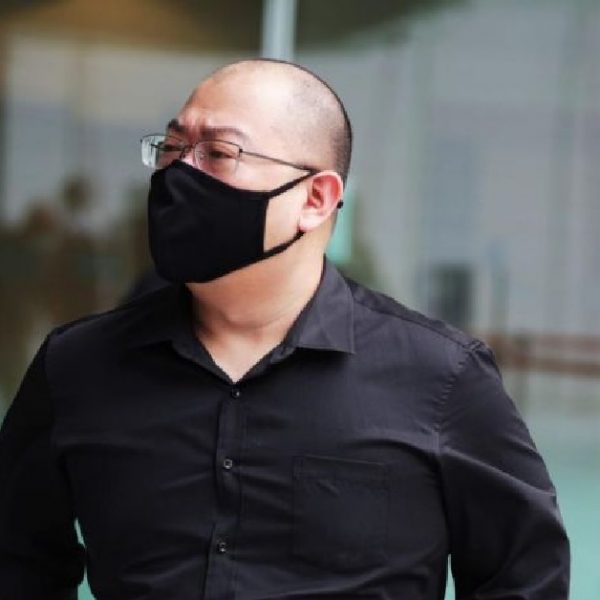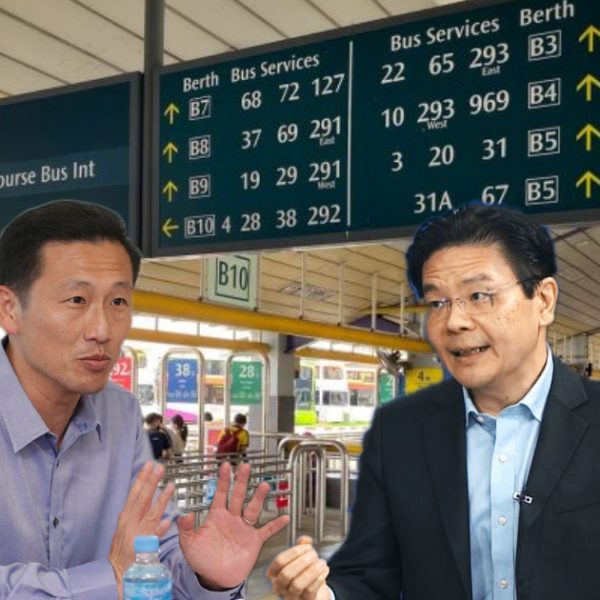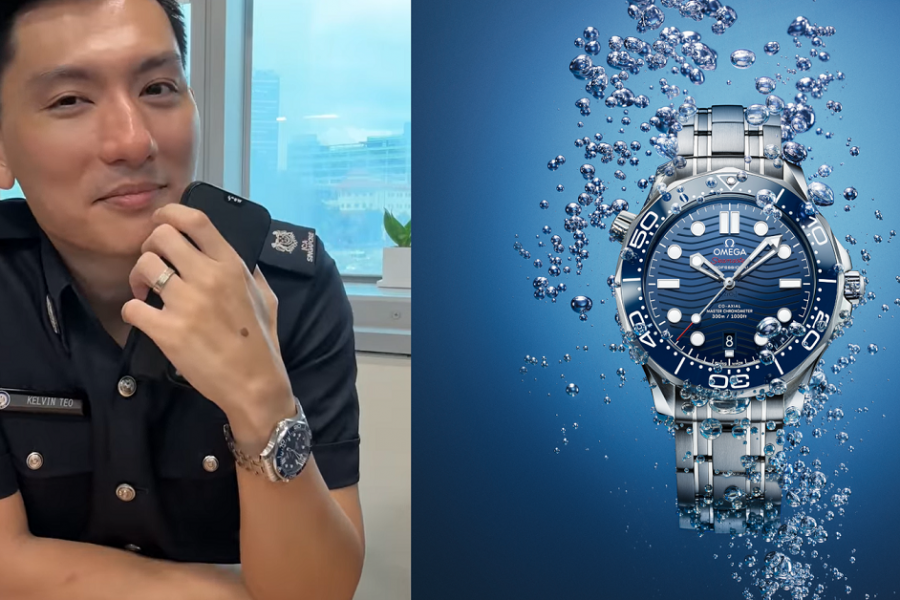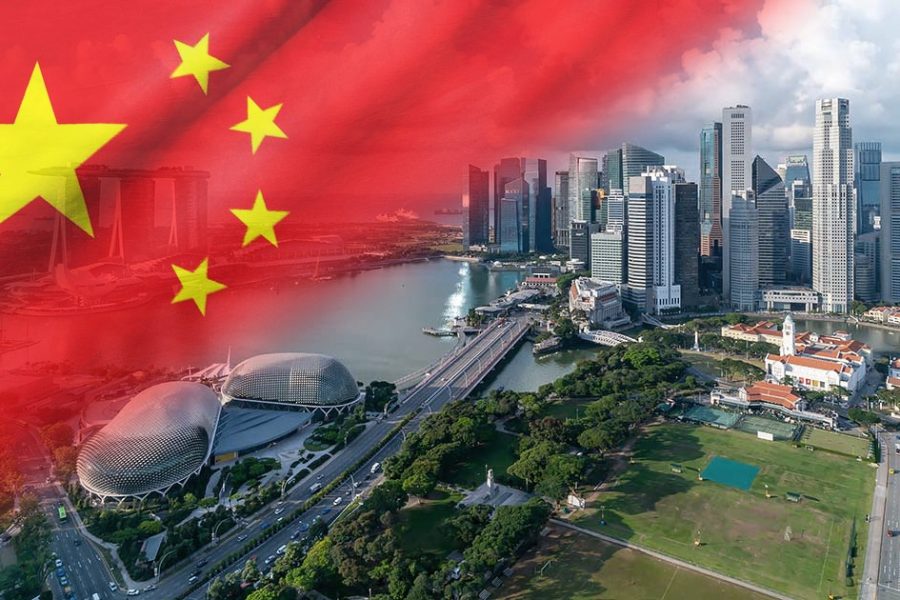During his 2021 National Day Rally speech, the Prime Minister announced that Muslim nurses in the public healthcare sector will be allowed to don the tudung with their uniforms from November. The policy remains unchanged for the SAF, Home Team and other uniformed services, as well as schools.
This policy reversal came after years of debate and PAP censure faced by various opposition politicians who have pushed for the shift.
Unfortunately, with each policy change, credit is almost never given to the ones who fought hard for it. The PAP makes it seem as though they are doing a favour to the Muslim community when they were the ones who introduced policies to prevent Muslims from wearing the headscarf in the workforce.
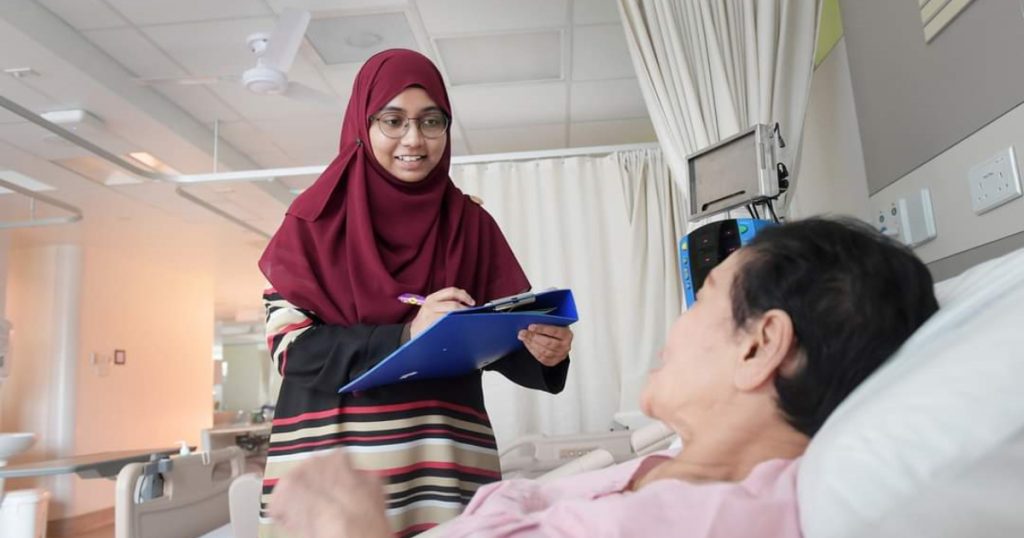
The PM says that Singaporeans are now ready to see nurses in tudung. However, what makes the PAP think that Singaporeans were unable to accept our Muslim sisters wearing the tudung in public service when we see the president wearing it all the time?
The current policy reversal is the result of years of effort by Muslim leaders and the determination of opposition politicians, who saw the problem with the status quo, to restore the rights of Muslim women.
This policy change is about returning to Muslim women what was withheld from them – a correction rather than a concession or privilege as it is made to look like.
How previous calls for policy review turned out
In 2002, SDP chief Dr Chee Soon Juan challenged the Government’s claims that allowing Muslim girls to wear the tudung in school would disrupt racial harmony and social cohesion. He argued there was no basis that seeing classmates wearing religious headgear or emblems makes children also want to wear their own in school. Illustrating his case, he said that in the last 40 years, there has not been an explosion of parents clamouring for their children to wear certain types of dress to school despite Sikhs being allowed to wear the turban and Christian children to wear crucifixes to school. He was then accused of trying to gain political mileage and fined $3000.
On 12 October 2013, Singaporean Muslims signed a petition to contest the “no hijab” rule in the workplace. Before it was removed it garnered 12,405 signatures. The then Minister-in-charge of Muslim Affairs Yaacob Ibrahim responded by reiterating the Government’s stance. He said that wearing a Muslim headscarf at the workplace would be “very problematic” for some professions that require their staff to be in uniform.
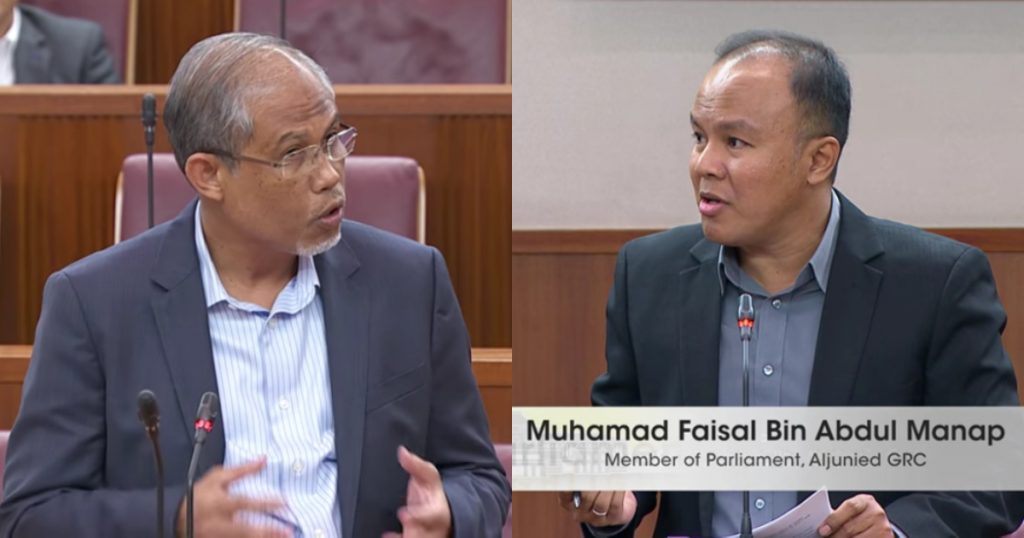
In 2017, the issue was again brought up by Worker’s Party MP Muhammad Faisal Abdul Manap who spoke up against the ban on the wearing of tudung in certain occupations. This prompted a rebuke by Minister-in-charge of Muslim Affairs Masagos Zulkifli who accused him of using parliament to “focus on differences, instead of rallying people to be united”. Chiding MP Faisal Manap, the Minister said such “sensitive and deeply emotive matters” were best resolved by the Government and community leaders via closed-door discussions and Parliament was not the platform to bring up such issues.
During the 2021 Budget debate, Ministers Masagos Zulkifli and Maliki Osman reiterated the Government’s stance on the tudung issue.
SDP’s Damanhuri Bin Abas subsequently urged the Prime Minister to relook the policy.
It is ironic that the PAP Muslim Ministers were the very ones so removed from the voices of the Muslim community. If Singaporeans were to rely on them to review the tudung policy, they would be utterly disappointed. It is thanks to the others who have fought hard for change that we can now correct a wrong.
